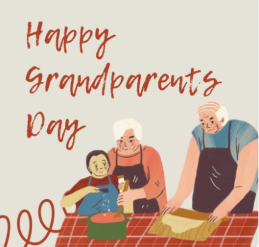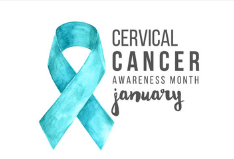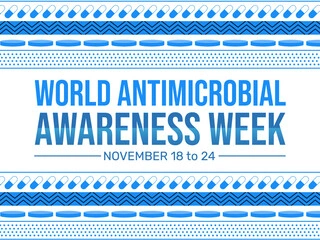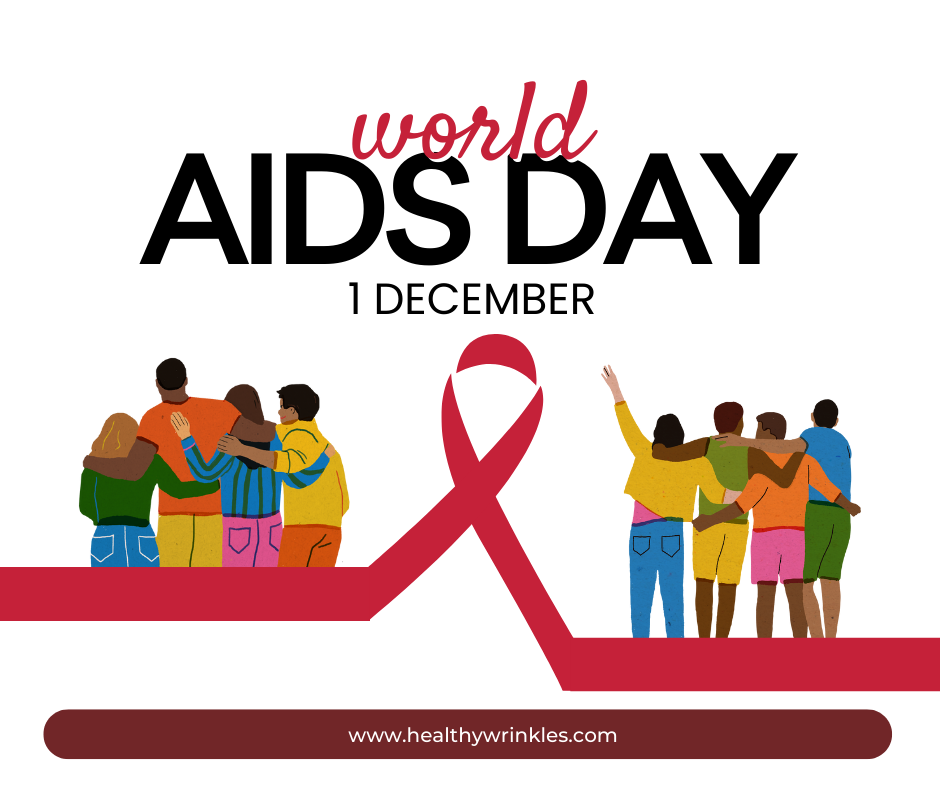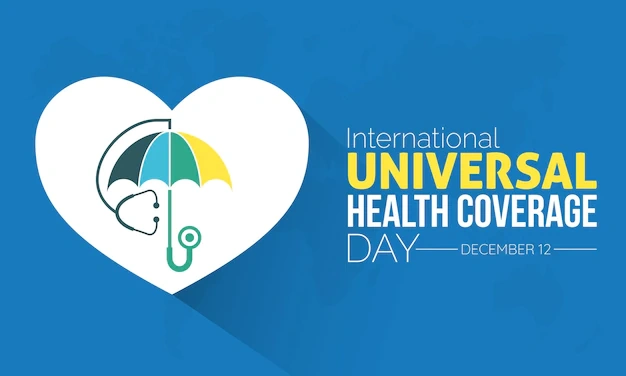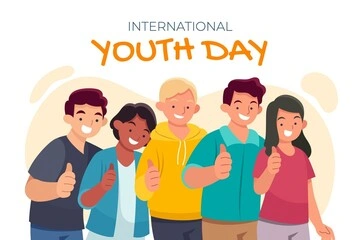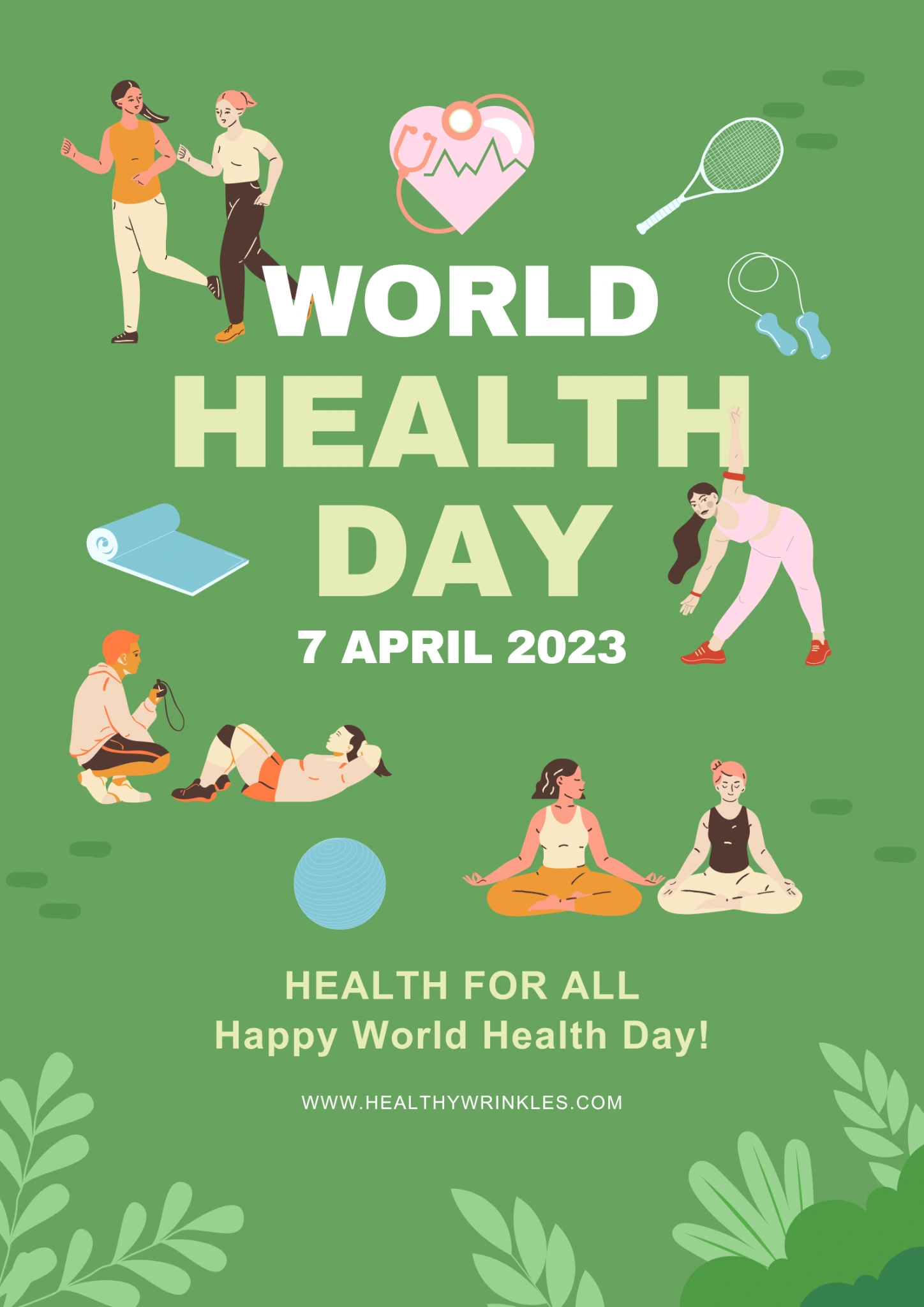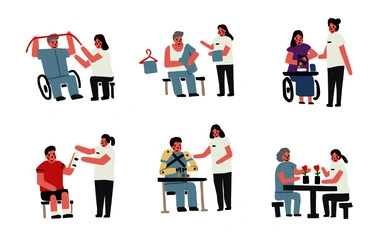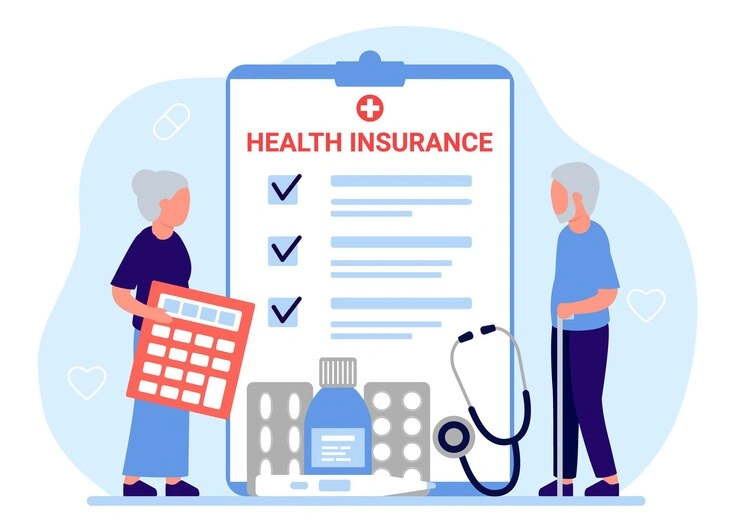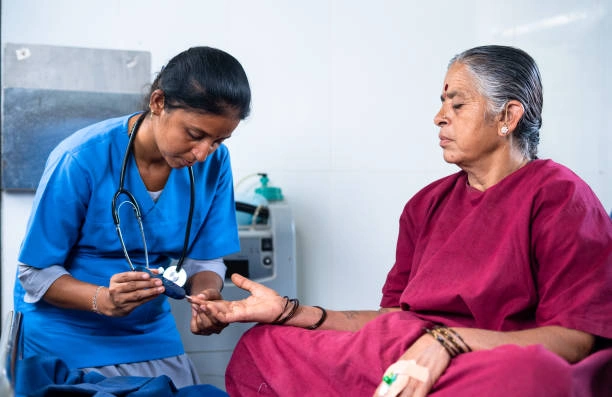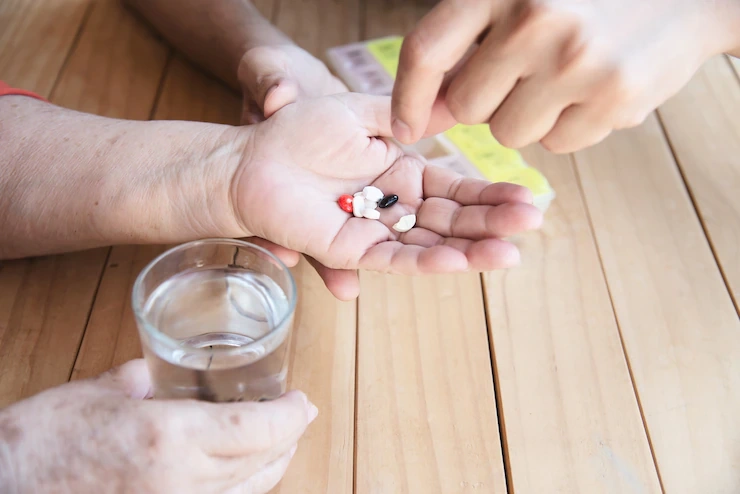Nearly half of Kolkatas seniors on multiple drugs victims of drug duplication
28-09-24
Polypharmacy is the use of various medications at the same time. Although there is no universal definition, polypharmacy is commonly defined as the use of five or more medicines on a regular basis. Over-the-counter, prescription, and/or traditional, as well as complementary medications used by a patient, are all included. Polypharmacy is a particular concern in older people, who, when compared to younger people, have more chronic conditions for which medications are prescribed.
The use of more drug therapies has been linked to an increased risk of adverse drug duplication, drug reactions, adverse events, and some other drug-related problems. Even after controlling for disease burden, polypharmacy has been linked to reduced physical and cognitive capability.
KOLKATA: According to a recent study of Kolkata's elderly population, nearly half of those on multiple medications are victims of incorrect medication or drug duplication, putting their health at risk.
According to the study, one out of every four elderly people in Kolkata uses multiple drugs.
The study, which included 327 patients, was conducted in the KMC area in August 2022 to assess the relationship between polypharmacy (taking five or more drugs on a regular basis) and cardiovascular function in the elderly. The findings were recently published in the international peer-reviewed journal, Geriatrics. According to the study, most older adults visit multiple specialists for various co-morbidities and may be prescribed a medicine that they are already taking under a different label, resulting in duplication. In certain cases, a patient may be taking a medication for an extended period of time without consulting with his or her doctor on a regular basis.
Polypharmacy and community care
A few of the practical suggestions for reducing medical errors in the community may include the following:
Keep an up-to-date list of all medications that an individual is currently taking. The drug name (generic and brand), dose, frequency, route, & indication should all be included on this list.
Recommend "brown-bag check-ups" on a regular basis. Instruct patients to carry all medicine bottles to every medical appointment; bottles should be compared to the medication list.
Patients should be informed about potential drug interactions, such as sound-alike names, look-alike pills, and combination medicines.
Patients should be aware of generic and brand names, as well as their spelling.
Medication organizers can also assist patients in taking their medications correctly.
Community pharmacists are a valuable resource and can play an important role in collaborating with elderly individuals to reduce drug errors.
